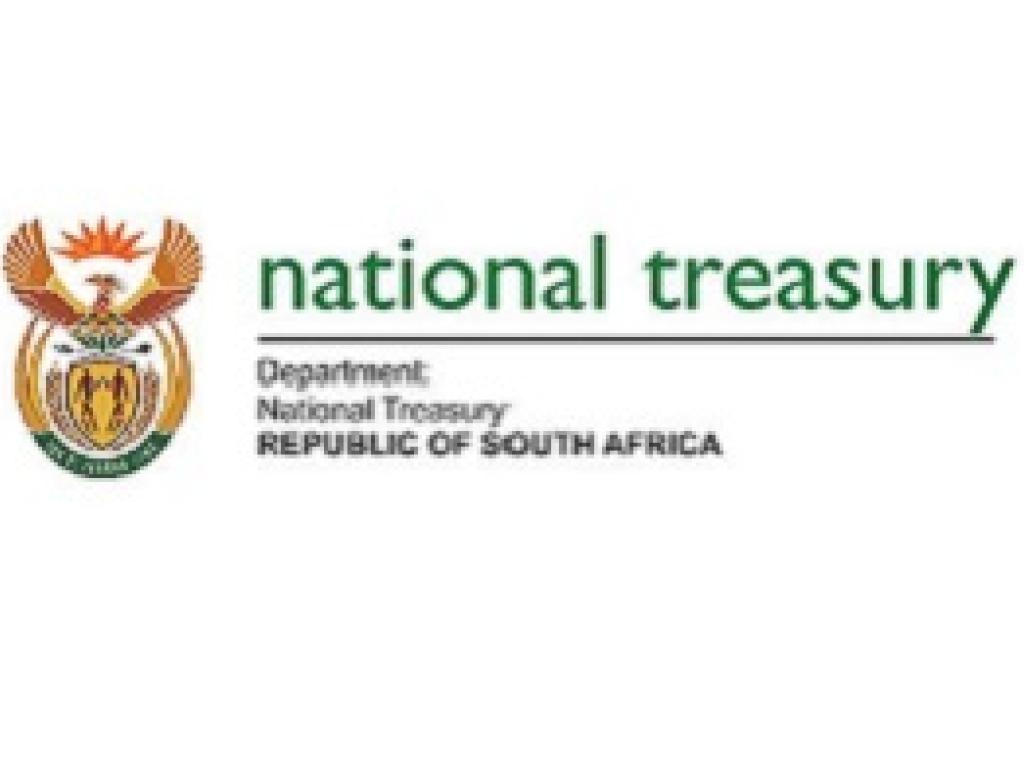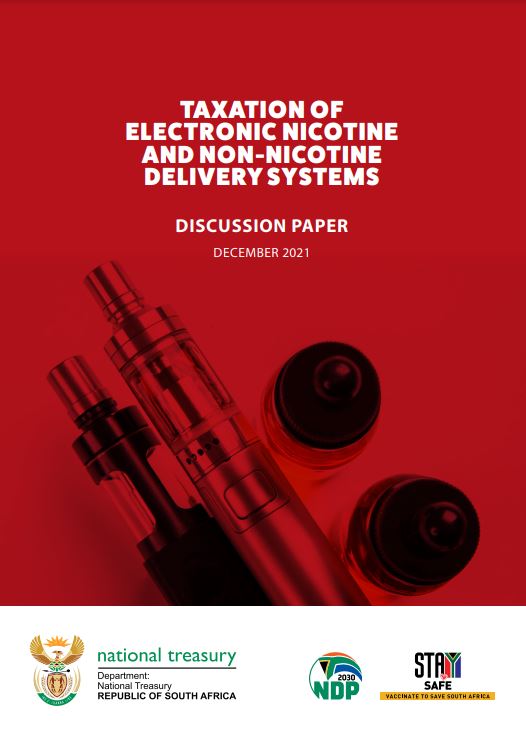REEP Response to: Taxation of electronic nicotine and non-nicotine delivery systems

Taxation of electronic nicotine and non-nicotine delivery systems (Vaping)

This discussion paper outlined the policy rationale and excise design options for the proposed taxation of ENDS/ENNDS and its publication was intended to ask for comments from stakeholders. This process is important in assisting government to develop a sensible excise policy framework for these new generation products. After comments and submissions have been received, a virtual workshop and other engagements will be arranged with stakeholders for further discussions and consideration of the comments.
The Research Unit on the Economics of Excisable Products (REEP) submitted a detailed response, written by Professor Corné van Walbeek, with support of Dr Hana Ross, Ms Samantha Filby and Mr David Golding.
In their comments, they congratulate National Treasury on an excellent document that prioritises public health above the financial interests of the ENDS/ENNDS industry. They suggest that the proposed excise tax structure is well-considered, although theybelieve that it can be simplified further by taxing only the volume of the E-liquid, rather than both the volume of the liquid and the nicotine content.
The REEP researchers suggest that once the baselines for ENDS/ENNDS excise taxes have been established, subsequent annual increases should be delinked from the pricing strategy of the industries. To some extent this has been happening with cigarette taxes since 2010, but they recommend that National Treasury make this official policy for all tobacco and ENDS/ENNDS products.
Read REEP's comment document in full here.
BACKGROUND:
The National Treasury discussion paper suggests that while the regulation of tobacco products has come far and has made great strides in reducing tobacco use and related health harms, there is still a lot to be done in this regard. "ENDS/ENNDS are part of new generation products that have been introduced in the market either as harm reduction or reduced-risk products compared to traditional tobacco products. These products are battery-powered devices that vaporise liquid solutions that may contain nicotine, as well as varying compositions of flavourings, propylene glycol, vegetable glycerin, and other ingredients, to create an aerosol which the user inhales. The market for ENDS/ENNDS is still at its infancy in many developing countries like South Africa but is expected to grow. In other markets, the growth in the consumption of these products has been observed amongst the youth and has raised concerns on its impact on youth initiation of smoking and tobacco use. Furthermore, there are concerns regarding their potential to undermine global tobacco control efforts, and public health in general, considering that these products are not harmless."
The paper notes that unlike conventional tobacco products, these products are mostly unregulated in South Africa, hence the Department of Health has also started a process of amending the current tobacco control legislation to include these products in the regulatory framework. Similarly, other governments around the world have started a process of regulating the consumption and use of ENDS/ENNDS through tax and non-tax measures. A number of countries have already started implementing tax measures on ENDS/ENNDS in the form of a specific excise duty and/or an ad valorem duty.
Read the full document available on the National Treasury website at www.treasury.gov.za.
